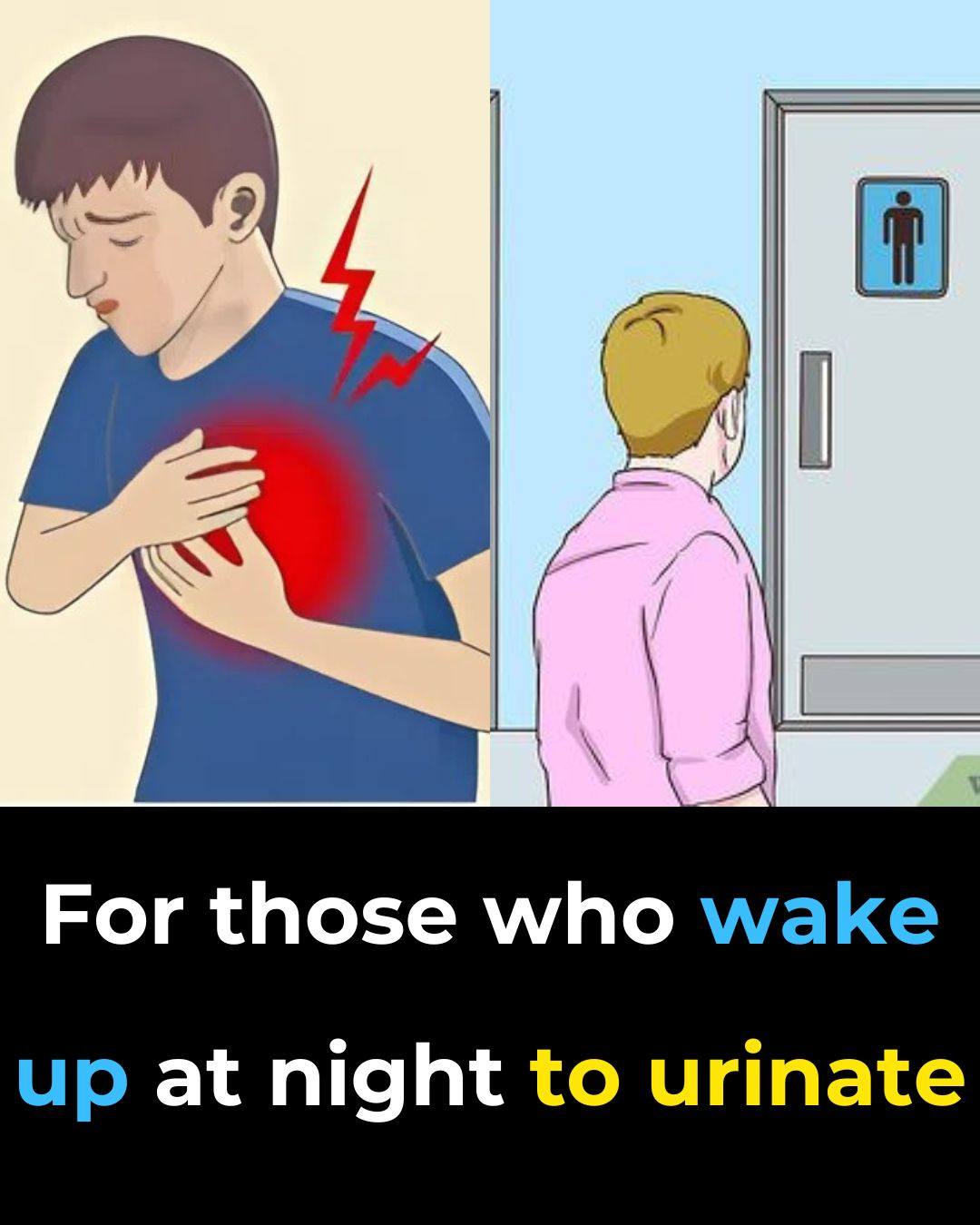Urinating at night might be problematic. Regularly using the restroom prevents you from feeling rested. Additionally, older people who urinate at night are more likely to fall and sustain injuries. ROPOSAL SIPES How is nighttime urination diagnosed? After assessing your symptoms and doing a physical examination, your doctor will make the diagnosis of midnight urination. In order to identify possible causes for the disease, they could pose certain questions. You can be asked how often you wake up in the middle of the night to urinate, how long you’ve been having nighttime urination, and what you usually do before bed
For instance, evening urination may result from taking diuretics or drinking a lot of fluids before bed
To find out what’s causing your frequent urination, your doctor could prescribe tests. Urinalysis examines the chemical substances found in urine. Your kidneys’ ability to adequately eliminate waste and water is determined by the concentration of your urine. A urine culture and post-void residual urine measures are further tests. In order to determine how much urine is left in the bladder after urinating, this test uses a pelvic ultrasound. If your doctor believes you have an underlying medical condition, they may prescribe more tests.
To reach a diagnosis, they could prescribe more testing. Blood sugar, blood urea nitrogen, blood osmolality, creatinine clearance, and serum electrolytes are among these assays. The kidneys’ level of function can be ascertained by these tests. Additionally, they gauge the levels of specific chemicals in your blood These tests help identify whether midnight urination is a symptom of diabetes, dehydration, or kidney disease. What are the treatment options for nighttime urination? The source of midnight urination frequently determines how to treat it. For instance, you might have too much to drink right before bed. Your doctor may eventually suggest reducing your fluid intake.
throughout the day, keep your legs up or put on compression stockings. This promotes fluid circulation and may lessen urinating at night. Medication Additionally, medications may lessen urine during night. It’s crucial to remember that while drugs can reduce symptoms, they cannot stop overnight urinating. Your symptoms will reappear once you stop taking them. Anticholinergics are a class of medications that relax bladder muscular spasms. Additionally, they can lessen the urge for frequent urination. Certain anticholinergic medications can lesgen bedwetting. Nevertheless, these drugs may result in adverse effects like blurred vision, dizziness, and dry mouth. A diuretic that promotes urine early in the day is advised by some physicians. Your bladder may hold less urine at night as a result of this. Reducing evening urination may also be possible with the use of synthetic antidiuretic hormone.

